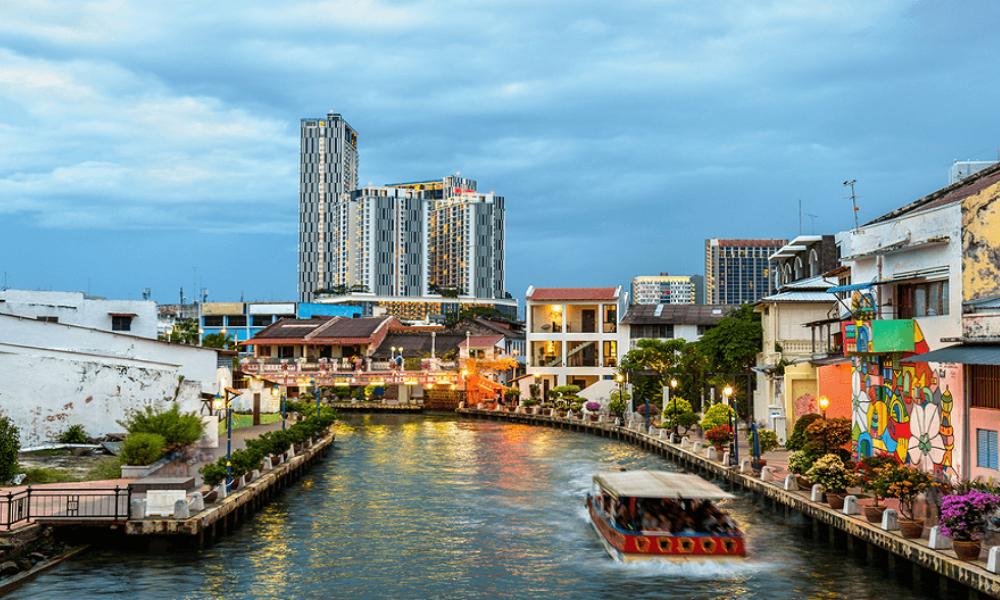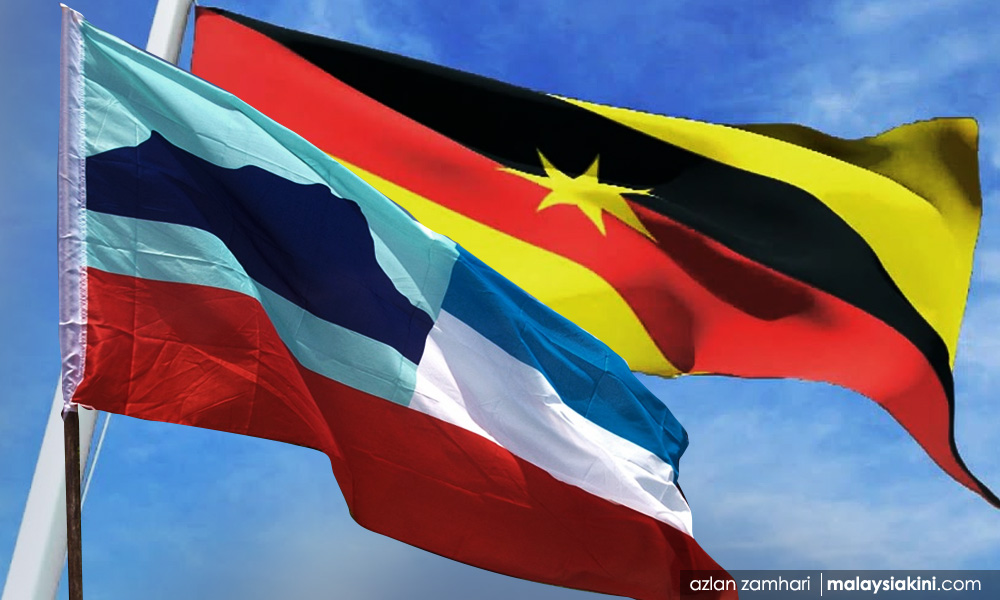LETTER | Whether as an employee or self-employed, your career or business will progress if you continue to improve. If not, working at the same job or trade for 20 years may only amount to one month’s experience repeated 240 times – long in the job but short in useful knowledge or skills.
For those new on the job, they would find the fastest and most convenient ways to perform at work, and quickly settle down in their comfort zones. But without trying to do better with each passing month or year, they may remain largely stagnant with little progress in their careers or businesses.
However, it is necessary to keep earning more to support a growing family, enjoy dining at restaurants or go on holidays. Many hope to have their dream house and cars, which are only possible if their income is raised substantially. But they remain a pipe dream by engaging in wishful thinking alone.
Many people desire higher-paying jobs or earn more profit. But only those who look beyond the surface have a better chance to succeed.
It starts with grasping the fundamentals such as meaningful definitions of basic terms like tourism, tourists, excursionists, visitors, tourist guides and tour leaders.
Tourism industry personnel often hear, read, speak and write these terms without fully understanding them. Unable to define them clearly, they have lost out on many opportunities that are out in the open but may not be in plain sight.
It is like looking but not seeing - or in Malay, “lihat tetapi tak nampak”.
Without understanding the fundamentals, they are unable to interpret important tourism facts and figures correctly.
For example, the 2019 Domestic Tourism Survey reported there were 239.1 million domestic visitors making 332.4 million trips and spending RM103.2 billion during that year. The top five destinations for domestic visitors were Selangor, Kuala Lumpur, Sabah, Perak, and Sarawak.
During training, I would ask participants why popular states like Penang or Malacca have fewer visitors than Sabah or Sarawak, and they would say many from Peninsular Malaysia travel there for vacations.
But their numbers would be a few hundred thousand at most, not tens of millions. It is a misconception to think that visitors must come from other states on interstate travel.
Those travelling within the state are also counted as intrastate visitors and it can be to just another town without staying overnight.
Another misconception is domestic tour packages for travelling within Malaysia are sold to Malaysians only, when they are more attractive to foreigners who are already in the country. These include expatriates and their family members staying here, foreign students and workers, and even newly arrived foreign tourists.
Likewise, outbound tour packages for travel from Malaysia to overseas are not limited to Malaysians but could be sold to anyone in or even out of the country.
For example, it would cost less for many Singaporean residents, including other nationalities, to join tour groups departing from Johor Bahru.
Since 2012, I have been conducting the ‘Travel and Tours Enhancement Course’ that tour operators must attend to renew their company licence with the Tourism, Arts and Culture Ministry. I have yet to hear a clear and useful definition of outbound, inbound and domestic tours from a participant.
Shockingly, most travel industry personnel lack an understanding of the fundamentals, including those with a diploma or degree in tourism. This means that many lecturers in colleges and universities are also clueless, relying on official definitions that may appear accurate but devoid of the core message.
Those who search for information online may find the results useful if they offer some idea of the subject instead of remaining totally in the dark.
However, online definitions of tourism, tourists, excursionists, visitors, tourist guides and tour leaders provide only superficial and relatively useless information.
To climb the corporate ladder or expand the business and increase profits in the travel trade, one must first fully understand these basic tourism terms so that many opportunities can be seen for you to take advantage of and eventually realise your full potential.

Those who are successful in their careers or businesses can see things other people don’t. They are enthusiastic and seize new opportunities by acting without undue delay. They look forward to every new day, unlike those who are just working for a salary or continuing with the same business practices.
The key to learning and applying is the ability to describe things we think we know in our own words. But most training participants tend to fail miserably, affirming the fact that their knowledge is only at a superficial level.
This explains why the vast majority of tour operators are weak and lacking in creativity and innovation.
In fact, most could easily collapse overnight if they don’t have written SOPs in place. Even large companies could fold if they don’t have any contingency plans prepared to prevent and minimise eventualities or to handle crisis management in accidents, incidents, PR disasters, and other emergency situations.
The most effective training for tourism personnel is to organise workshops for tour operators conducted by travel industry leaders who could provide not only the best answers in open discussions but also guide participants in finding solutions on their own, as it cannot be one-size-fits-all.
On the other hand, dishing out a long list of dos and don’ts similar to monologue lectures would not be effective as many of these are common knowledge but do not spur industry players to act. Only by thinking things through during the training process will they spot the missing links needed to succeed.
YS CHAN is a master trainer for Mesra Malaysia and Travel & Tours Enhancement Course as well as an Asean Tourism Master Trainer. He is also a transport and training consultant and writer.
The views expressed here are those of the author/contributor and do not necessarily represent the views of Malaysiakini.








 English (US) ·
English (US) ·